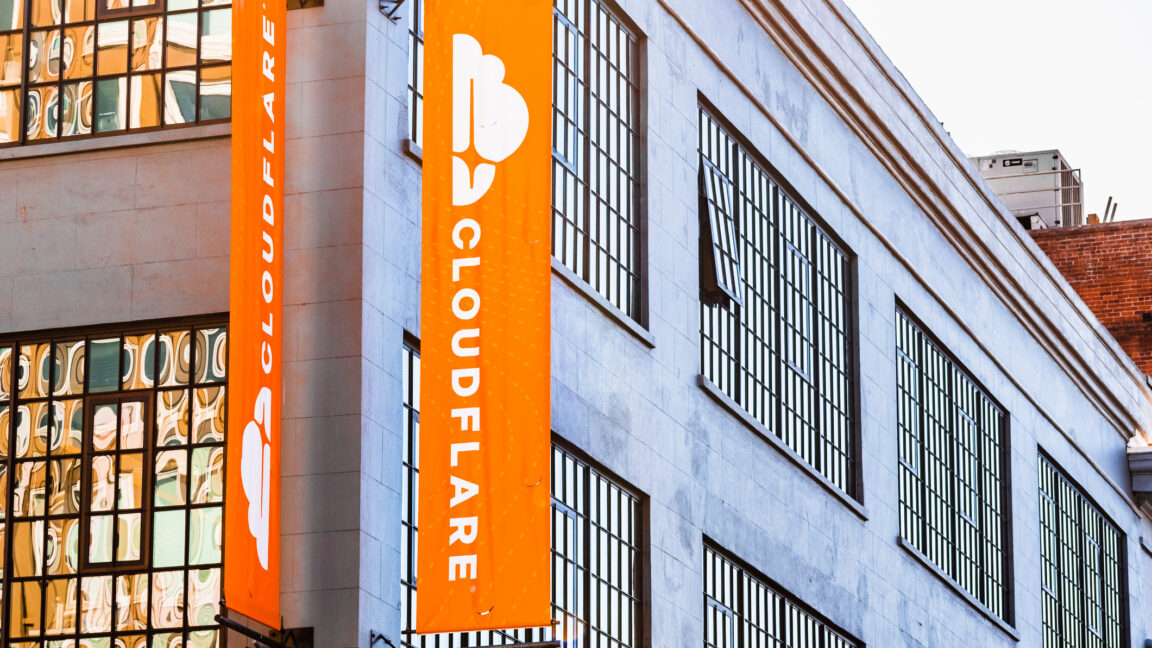NetZeroNitrogen wants bacteria to replace synthetic fertilizer on farm fields

Synthetic fertilizer is a modern wonder, helping to feed billions of people, but it’s not without its costs. Fertilizer runoff from farm fields has led to dead zones in oceans around the world, where low oxygen levels have starved normally teeming coastal waters of life itself.
Eliminating synthetic fertilizers is a tall order, but one startup thinks that its bacteria can eliminate up to half of it, all while undercutting fertilizer on cost.
NetZeroNitrogen has developed a suite of bacterial strains that is applied directly to the seed and allows the plant to get nitrogen from the atmosphere instead of chemicals.
“This is a precision sniper approach,” Justin Hughes, co-founder and CEO of NetZeroNitrogen, told TechCrunch. “In contrast to fertilizer, where you spread it all over the field and effectively hope some hits the target, a kind of shotgun approach.”
The startup recently raised a $6.6 million seed round led by World Fund and Azolla Ventures, the company exclusively told TechCrunch.
NetZeroNitrogen’s bacteria are the product of over a decade of research on the part of Gary Devine, who has been studying naturally occurring nitrogen-fixing strains. Hughes pointed out that the company’s bacteria aren’t genetically modified.
“We’re not on any particular moral high ground about that. It just means the regulatory pathway is a lot easier,” he said. “It opens you up to organic markets as well.” Once the plant dies, the bacteria dies with it.
Techcrunch event
San Francisco
|
October 27-29, 2025
The company plans to roll out its first product for rice. It’s partially a marriage of convenience: to apply the bacterial strains, it’s currently easiest to dunk seeds in water containing them. Rice just so happens to be soaked before planting. “You just mix it in at that point and you’re done,” Hughes said.
Because the company can use large fermenters to grow its strains, it can make its bacterial amendment for less than an equivalent amount of synthetic fertilizer, Hughes said. “The costs of production of biomanufacturing are far, far lower than the Haber-Bosch process, especially once you start to scale up,” he said, referring to the process widely used to make fertilizer.
The goal, Hughes added, is to sell NetZeroNitrogen’s bacteria to farmers for at least $50 per hectare less than they spend on synthetic fertilizers. In regions like Southeast Asia, that could mean a 30% to 40% discount, he said.
For now, synthetic fertilizer won’t be disappearing. “Unfortunately, we can’t quite solve 100% of the problem yet,” Hughes said. “But of the proportion that we can solve, it’s effectively 100% efficiency.”
Source link







